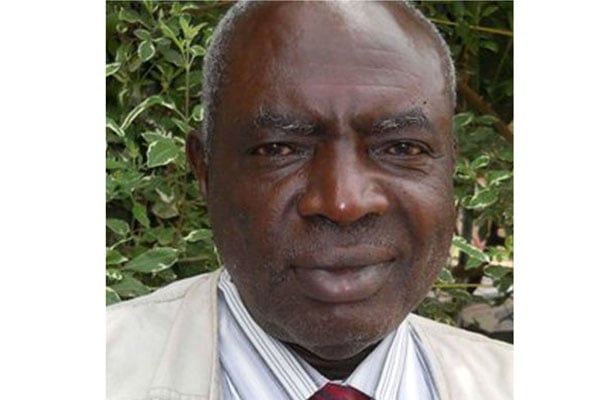Prime
Regenerative agriculture for coffee farmers

Michael Ssali
What you need to know:
- Agriculturalists define regenerative agriculture as an evolution of conventional agriculture, reducing the use of water and other inputs and preventing land degradation and deforestation.
Coffee farmers in Uganda have earned a lot more money from the crop than they have ever done in many years. The ongoing coffee harvest season has made it a lot clearer to the farmers that they have indeed been growing a cash crop since this time round they are seeing a lot of cash coming their way.
Coffee is as good as cash because it has a readily available market. This is the reason most farmers spend sleepless nights worrying about the crop’s security in the gardens where quite often thieves have been caught harvesting the crop and subjected to mob justice.
However, according to an article titled “Global Coffee Platform on the importance of regenerative agriculture” authored by Jason Fan and published in the Global Coffee Report just over a week ago; the impact of climate change and the global cost of living crisis are threatening the future of coffee farming. No coffee growing country can take this lightly. In Brazil, which is a coffee giant, a team of technical consultants, referred to as Global Coffee Platform Brazil, (GCP) has been formed to address the impending problem by harmonizing the concept and practices of regenerative agriculture.
Agriculturalists define regenerative agriculture as an evolution of conventional agriculture, reducing the use of water and other inputs and preventing land degradation and deforestation. It protects and improves soil, biodiversity, climate resilience, and water resources while making farming more productive and profitable. It is a process of restoring degraded soil using such practices as adaptive grazing, no-till planting, no or limited use of pesticides and synthetic fertiliser, based on ecological principles. Regenerative agriculture strives to work with nature rather than against it. Most surprisingly, what GCP is beginning to do in Brazil is exactly what is already being done by Kibinge Coffee Farmers Cooperative Society in Bukomansimbi District. Anthony Ssekaddu the society’s Agricultural Extension Officer and Production Manager heads the organic coffee farming campaign and training.
He has told Seeds of Gold that all the society’s member farmers periodically undergo training in organic manure preparation and its application in the coffee gardens. He further revealed that all farmers are assisted to purchase trucks of cow dung to use as manure in their coffee plantations. And, to avoid using herbicides, all farmers are encouraged to do mulching or to plant mucuna, a creeping and nitrogen fixing plant to cover the ground.
Mr Michael Ssali is a veteran journalist,
[email protected]




